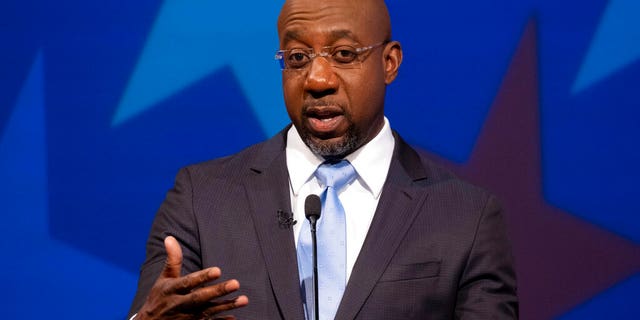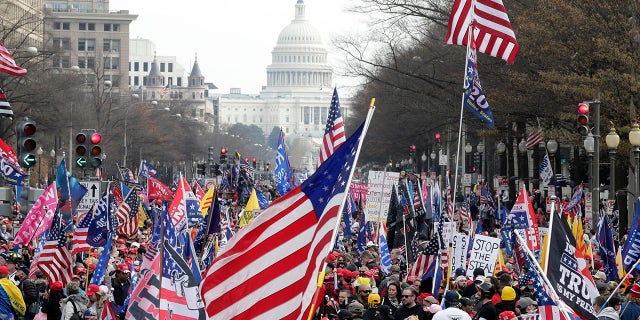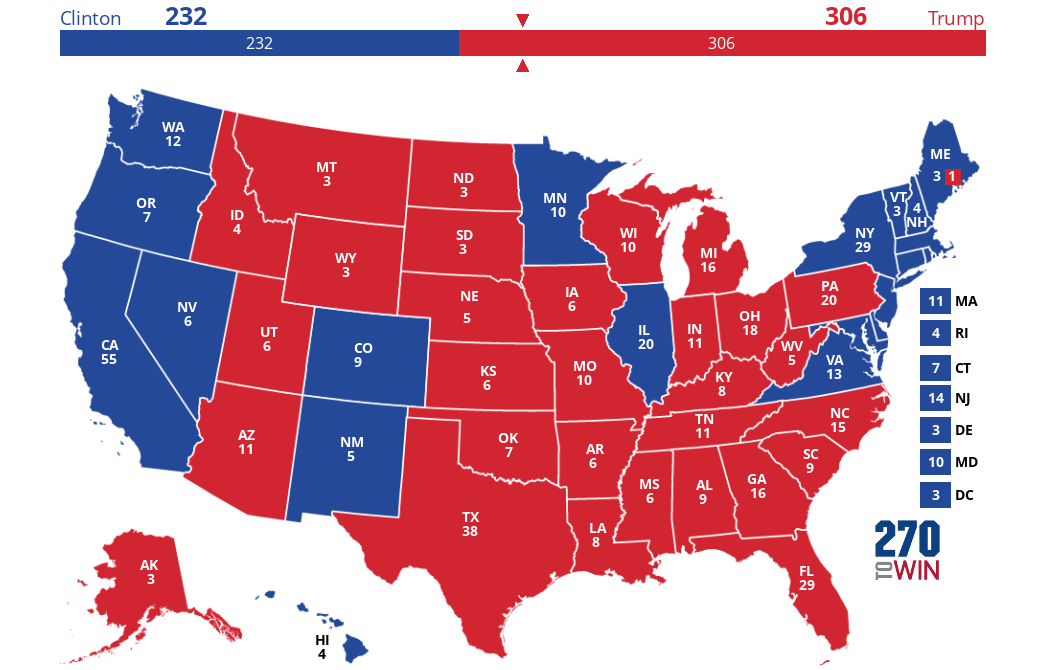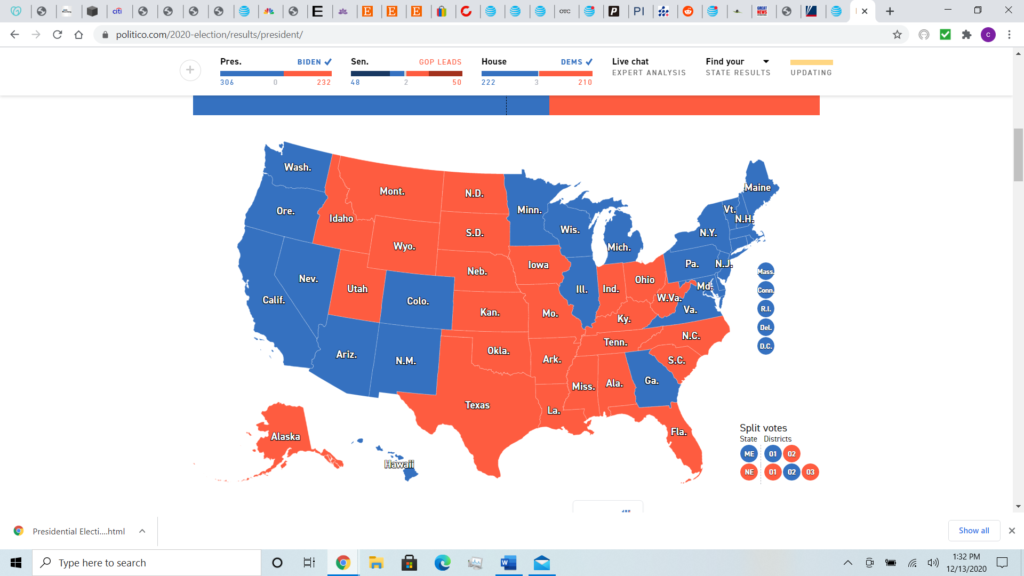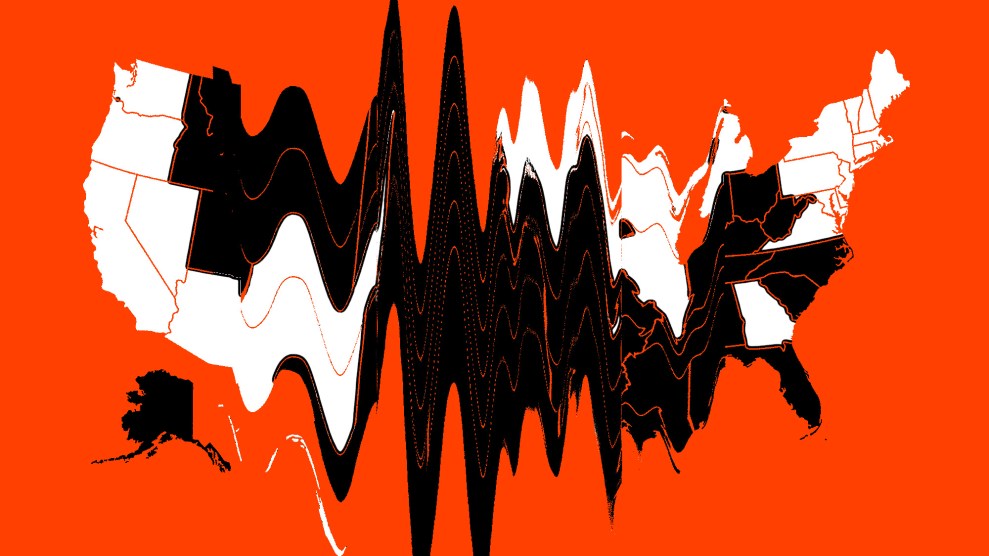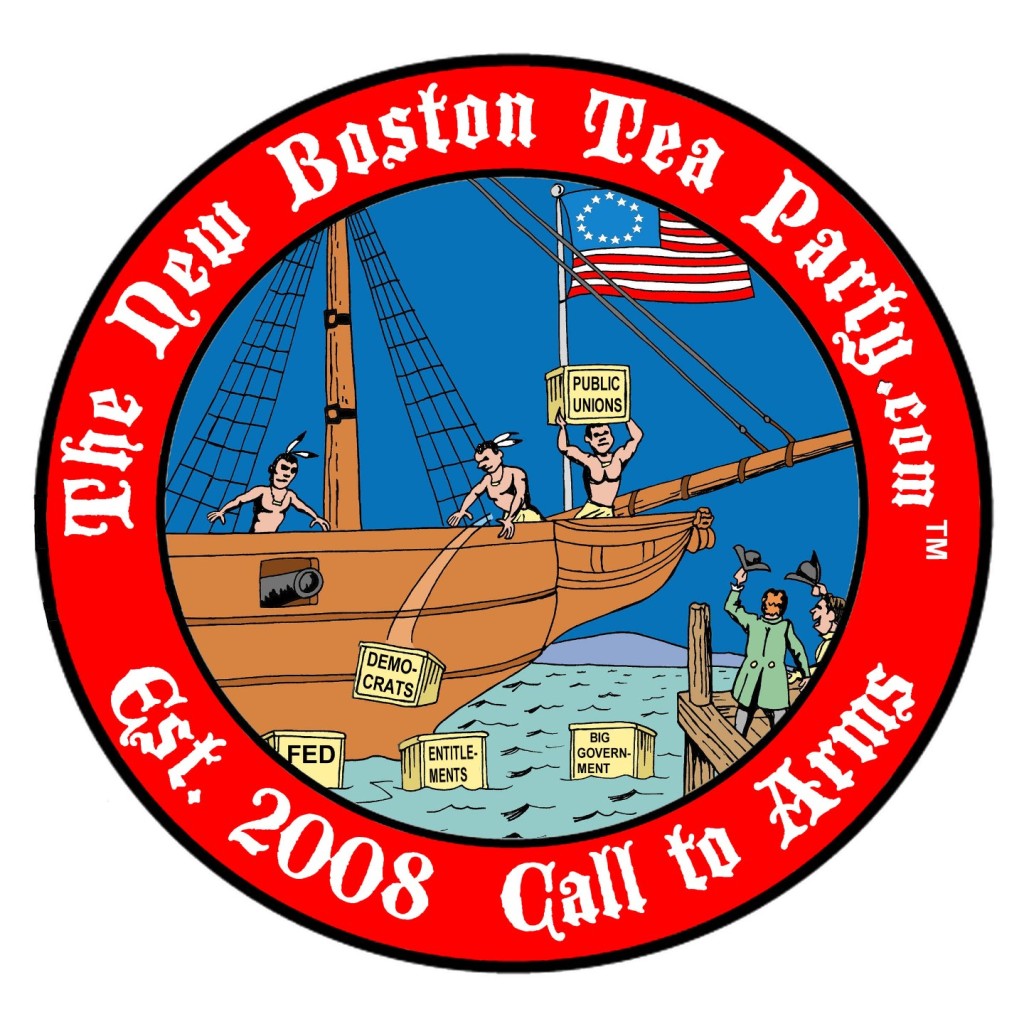A lying cocaine addict by the name of Hunter Biden, who learned his lessons well from none other than his C.S. lying father. A no nothing for 47 years, now with the complicity of BIG FAKE NEWS including the liberal scum who run NPR is about to RUN OUR COUNTRY DOWN.
What can we do about it? PLENTY! These dirtbags do not know what will hit them. A conspiracy of MAGA proportions has led to this result. They are guilty of the SHERMAN ANTITRUST ACT. The Fake News organizations conspired behind close doors to not report any negative news on this LYING SHAKEDOWN ARTIST.
Sherman Antitrust Act, first legislation enacted by the U.S. Congress (1890) to curb concentrations of power that interfere with trade and reduce economic competition. It was named for U.S. Sen. John Sherman of Ohio, who was an expert on the regulation of commerce.
One of the act’s main provisions outlaws all combinations that restrain trade between states or with foreign nations. This prohibition applies not only to formal cartels but also to any agreement to fix prices, limit industrial output, share markets, or exclude competition. A second key provision makes illegal all attempts to monopolize any part of trade or commerce in the United States. These two provisions, which constitute the heart of the Sherman Act, are enforceable by the U.S. Department of Justice through litigation in the federal courts. Firms found in violation of the act can be ordered dissolved by the courts, and injunctions to prohibit illegal practices can be issued. Violations are punishable by fines and imprisonment. Moreover, private parties injured by violations are permitted to sue for triple the amount of damages done them.
For more than a decade after its passage, the Sherman Act was invoked only rarely against industrial monopolies, and then not successfully, chiefly because of narrow judicial interpretations of what constitutes trade or commerce among states. Its only effective use was against trade unions, which were held by the courts to be illegal combinations. The first vigorous enforcement of the Sherman Act occurred during the administration of U.S. Pres. Theodore Roosevelt (1901–09). In 1914 Congress passed two legislative measures that provided support for the Sherman Act. One of these was the Clayton Antitrust Act, which elaborated on the general provisions of the Sherman Act and specified many illegal practices that either contributed to or resulted from monopolization. The other measure created the Federal Trade Commission, providing the government with an agency that had the power to investigate possible violations of antitrust legislation and issue orders forbidding unfair competition practices.
Wickard v. Filburn, 317 U.S. 111 (1942), is a United States Supreme Court decision that dramatically increased the regulatory power of the federal government. It remains as one of the most important and far-reaching cases concerning the New Deal, and it set a precedent for an expansive reading of the U.S. Constitution‘s Commerce Clause for decades to come. The goal of the legal challenge was to end the entire federal crop support program by declaring it unconstitutional.[1]
An Ohio farmer, Roscoe Filburn, was growing wheat to feed animals on his own farm. The US government had established limits on wheat production, based on the acreage owned by a farmer, to stabilize wheat prices and supplies. Filburn grew more than was permitted and so was ordered to pay a penalty. In response, he said that because his wheat was not sold, it could not be regulated as commerce, let alone “interstate” commerce (described in the Constitution as “Commerce… among the several states”). The Supreme Court disagreed: “Whether the subject of the regulation in question was ‘production’, ‘consumption’, or ‘marketing’ is, therefore, not material for purposes of deciding the question of federal power before us…. But even if appellee’s activity be local and though it may not be regarded as commerce, it may still, whatever its nature, be reached by Congress if it exerts a substantial economic effect on interstate commerce and this irrespective of whether such effect is what might at some earlier time have been defined as ‘direct’ or ‘indirect.'”[2]
The Supreme Court interpreted the Constitution’s Commerce Clause, in Article I, Section 8, of the Constitution, which permits the US Congress “to regulate Commerce with foreign Nations, and among the several States, and with the Indian Tribes.” The Court decided that Filburn’s wheat-growing activities reduced the amount of wheat he would buy for animal feed on the open market, which is traded nationally, is thus interstate, and is therefore within the scope of the Commerce Clause. Although Filburn’s relatively small amount of production of more wheat than he was allotted would not affect interstate commerce itself, the cumulative actions of thousands of other farmers like Filburn would become substantial. Therefore the Court decided that the federal government could regulate Filburn’s production.
https://www.investopedia.com/terms/r/robinson-patman-act.asp



